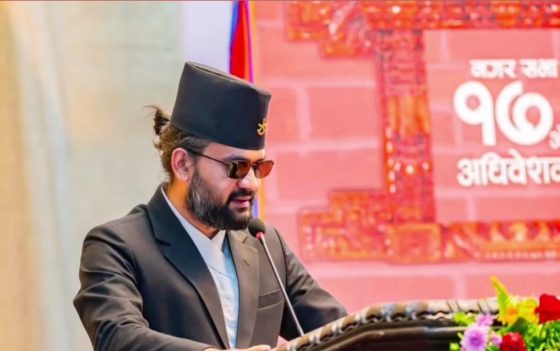DNB/DEHRADUN
Google Maps, one of the most widely used navigation tools globally, has a fascinating origin story intertwined with a common life scenario: a missed dinner and the frustration of late arrivals. The story goes that Sundar Pichai, the future CEO of Google and an innovative mind in the tech world, was invited to a friend’s house for dinner. With a busy schedule and little time to spare, he asked his wife to meet him directly at his friend’s place, thinking he could make it shortly after her arrival.
Returning home tired, hungry, and embarrassed, Pichai found himself in a late-night discussion with his wife about his tardiness. Frustrated by the experience, he went back to his office, spending the rest of the night mulling over the problem. The next morning, inspired to address this all-too-common issue, he proposed the idea of creating a mapping tool to help people navigate without confusion and to avoid similar missteps.
Initially, his idea met with resistance, as real-time mapping was an ambitious concept. It took Pichai weeks of persuasion, but eventually, he convinced his team to back the proposal. By 2005, Google Maps had launched in the U.S., offering users real-time navigation and a level of geographical accessibility that had not been seen before. Shortly thereafter, Google Maps became available in other parts of the world, including the U.K. and India, and it has since transformed into a navigation tool relied on by billions globally.
This story of Google Maps’ origin highlights Pichai’s creativity in finding solutions to everyday challenges. His determination to prevent others from facing the same embarrassment led him to create one of Google’s most useful innovations—a testament to the fact that the best solutions often come from personal experiences and genuine need.
 Dainik Nation News Portal
Dainik Nation News Portal
